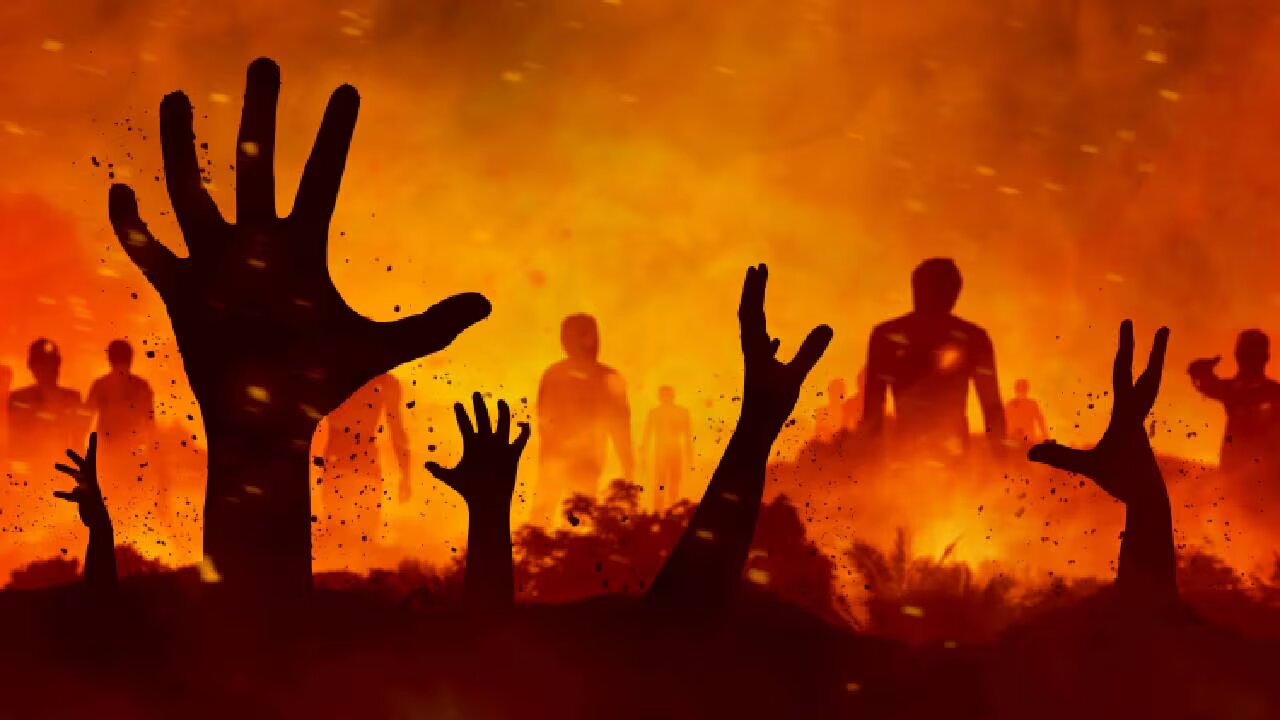Castroism today is a two-headed snake, as if one such venom-spitting entity were not enough.
The military head emerged in the mid-1990s, very reluctantly authorized by Fidel Castro, remaining discreetly in the shadow of the political head until emerging, under Raúl, as a body independent of the old partisan apparatus that then had to cede power - although not prominence - to this other head, of which GAESA is the most recognizable face.
With sharp fangs and a voracity that, at this point, seems insatiable, even for Raúl himself, the military head took over the country's main businesses, from the most profitable (retail trade in foreign currency, imports, tourism, non-hotel accommodations) to those of strategic importance (telecommunications, banking), concentrating its power outside the State itself, which the Comptroller General of the Republic publicly acknowledged in a recent interview.
Cuba is country that, despite lacking electricity and food, devotes an abundance of resources to building hotels, GAESA hotels, an obvious contradiction revealing that Castroism's military head wields more power than its political one, which we still see representing the country internationally, or touring provinces on ridiculous visits to sham companies and operations, feigning to make laws, and with a Parliament and a party where Miguel Díaz-Canel pretends to govern.
That incongruity —investing in hotels when there is no food or electricity— only favors the military head, which, imposing its interests inside the system, has not so much caused the destruction of the country (which was an inevitable result of socialism), but rather catalyzed its degradation to the current point, at which the deep crisis could mean the death of the political head.
The most recent tourism data is embarrassing, although not surprising: meager year-on-year growth of 2.7%, stagnation in traditional sources of tourists (Canada and Europe), a sharp decline in what was its most dynamic market: Cubans living abroad, and scant advances in unsustainable markets, such as Russians (who will stop coming when they can return to Europe) and China, too far away to be important. Paradoxically, the issuing country that is up the most is the United States... but November and the possibility of Trump's return are just around the corner.
Despite all this, 35.3% of all investment made in Cuba in the last ten years has gone to Tourism, while Agriculture, Livestock and Forestry have received a meager 5.2%. In 2014, with tourism booming, and at least oil, chicken and mincemeat available to Cubans, three times more was invested in tourism than in food. Was that too much? Not for GAESA, which in 2023, with tourism already an objective failure, with what is possibly the lowest hotel occupancy rate in the world, and the country on the verge of a humanitarian catastrophe, forced the country to invest 11 times more in tourism than in food, quadrupling the difference from a decade ago, a vivid reflection of the military head's quadrupled power.
The fact that the difference between GAESA's investment in tourism and that made in food for the people has increased at the same rate as hunger in Cuba makes one suspect that those comprising the military leadership are aware of the unfeasibility of the system and are preparing for a post-Castro future, poised to become oligarchs, heirs inheriting the island after its decomposition, while the misguided graduates of the Nico López School, the first secretaries of municipalities and provinces, the torpid leaders of increasingly thinned mass organizations, all that ilk supporting the bureaucratic skeleton of a system that the military knows is on its death bed, will go on to sell souvenirs to American tourists, if they fail to secure positions as warehouse managers in the hotel of some colonel-cum-millionaire.
The concentration of resources in tourism is also a factor directly leading to the fact that the country's electricity generation capacity has dropped 26% in four years, causing the very dangerous blackouts that so frighten the political head, while the military seems to care less whether this continues or changes. After all, money and power will continue to accumulate under the crony-based capitalism that they are forging, tailor-made for them.
Who would have imagined that the seven trumpets of the Castroist Apocalypse would not be heard sounding from an aircraft carrier of the US Navy's Fourth Fleet, but rather from the Ministry of the Armed Forces' General Staff?
